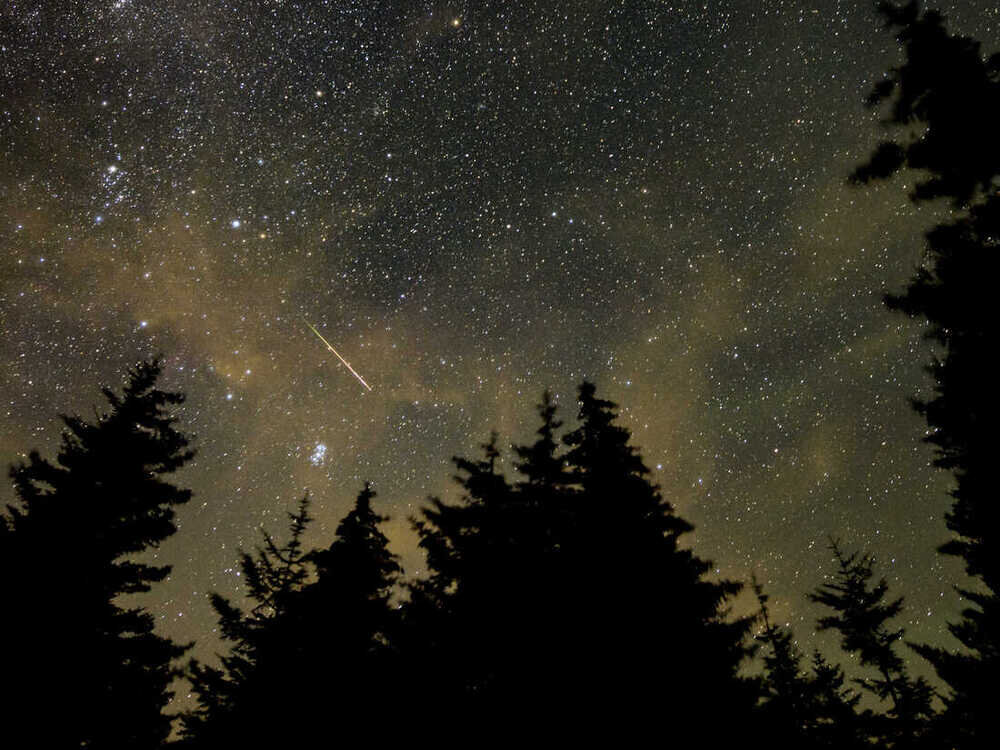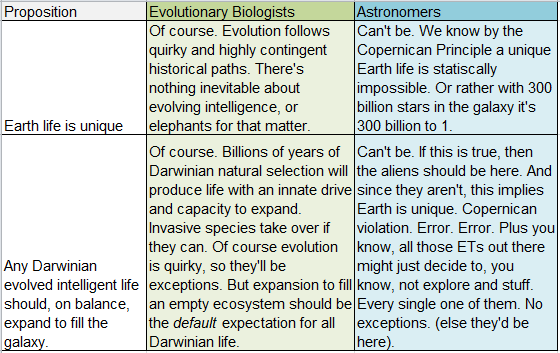David Baxter PhD
Late Founder
Alien tech could be in the ocean, an astronomer thinks. Many dismiss the idea.
by Kai McNamee, NPR.orgAugust 31, 2022

A meteor streaks across the sky during the annual Perseid meteor shower in August 2021 at Spruce Knob, in West Virginia. A Harvard astronomer thinks a meteor on the floor of the South Pacific Ocean could be a technological object created by aliens. Bill Ingalls/NASA .
Eight years ago, a meteor believed to have been 2 feet long entered Earth's atmosphere at more than 100,000 miles an hour before exploding into tiny, hot fragments and falling into the South Pacific Ocean.
Some scientists believe it came from another star system, which would make it the first known interstellar object of its size to impact Earth.
Now, professor Avi Loeb, of the Harvard-Smithsonian Center for Astrophysics, is planning an expedition to retrieve fragments of the meteor from the ocean floor. By analyzing the debris, he is hoping to determine the object's origins — even going so far as to make the extraordinary suggestion that it could be a technological object created by aliens.
Yet astronomers are wary of his claims, citing a lack of data on the object and insufficient evidence to support his bold conjectures about alien life.

Could the ocean contain alien technology? Astronomer Avi Loeb thinks there is a chance.
What is he looking for?
The object that Loeb is searching for, designated CNEOS 2014-01-08, was detected in 2014 by a network of satellites used to monitor the skies for potentially dangerous asteroids. Using data published by NASA, Loeb and Amir Siraj, then a Harvard University undergraduate studying astrophysics, first suggested the object came from outside our solar system in 2019.Siegel and Desch agree there are too many variables — atmospheric winds and ocean currents, for example — to confidently pinpoint a search location. The search team would be looking for "only grams of material" after it had been "swirling around on the ocean floor for years," Desch said.
"If you want to invest in renting a submarine and going down to the bottom of the ocean on ... a wild-goose chase, you can do it," Siegel said. "If you want to take all of your money and dump it into the middle of the ocean, you can do that too."
Loeb is undeterred. To him, the expedition is a chance at making history. If Loeb finds pieces of the meteor and it is of interstellar origin, it could be the first time humans get their hands on an interstellar object of its size.
In response to his critics, Loeb describes his work as "interstellar archaeology."
"My point is if a cave dweller were to find a cellphone, the cave dweller would argue the cellphone is a rock of a type that we've never seen before," he said.
"And the only way to find out is to press some buttons on this cellphone and realize that it records your voice, it records your image. Then it will be clear that it is not rock."





